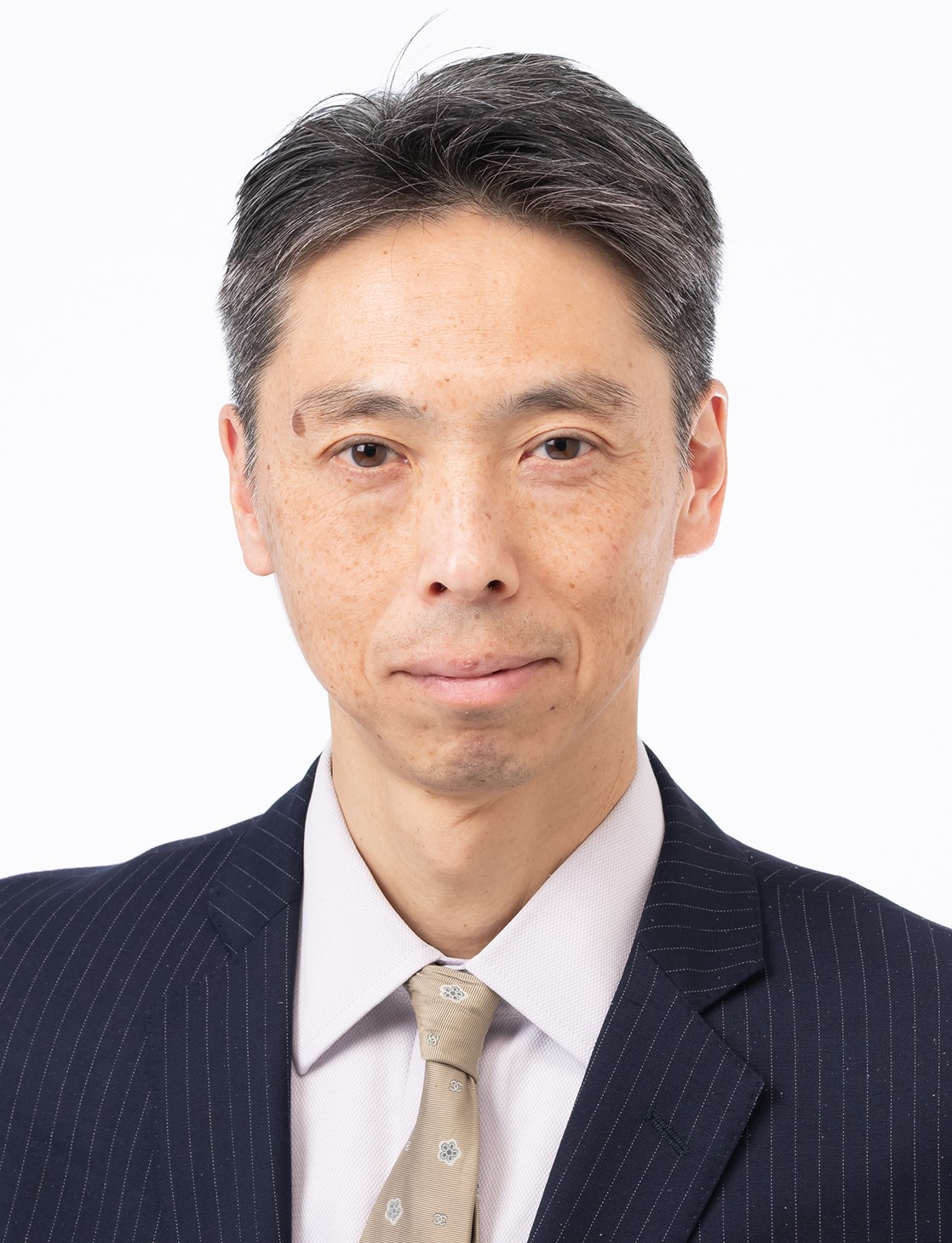- Home
- About Center
- Message from the Center Director
-

 The Center for Research on Innovative Simulation Software (CISS) was inaugurated as the official research center of the Institute of Industrial Science at the University of Tokyo in January 2008. Since 2008, CISS has focused on achieving three main objectives: (1) research and development of advanced, world-leading simulation software, (2) dissemination of research products to the academic community and society, and (3) advancement of the educational foundation to provide human resources for the development and usage of advanced simulation software.
The Center for Research on Innovative Simulation Software (CISS) was inaugurated as the official research center of the Institute of Industrial Science at the University of Tokyo in January 2008. Since 2008, CISS has focused on achieving three main objectives: (1) research and development of advanced, world-leading simulation software, (2) dissemination of research products to the academic community and society, and (3) advancement of the educational foundation to provide human resources for the development and usage of advanced simulation software.
In its fourth phase, starting in April 2023, CISS has set forth a vision emphasizing the role of simulation technology in various stages of the engineering process. This vision includes simulating all processes from material development to disposal, predicting issues that may arise at each stage of design and manufacturing, proposing solutions to problems in engineering processes, and adding value in engineering.
For the research and development of advanced simulation software, CISS promotes projects sponsored by the Ministry of Education, Culture, Sports, Science and Technology (MEXT) of Japan and the New Energy and Industrial Technology Development Organization (NEDO). CISS is currently promoting the "Program for Promoting Researches on the supercomputer Fugaku: Drastic acceleration of the industrial applications of HPC through AI and research and development of new computational methods for the next era" (from 2023 to 2025), which is sponsored by MEXT. These projects, driven by industry-academia-government collaboration, are believed to remarkably enhance Japan's industrial competitiveness in the global market. Moreover, the developed fundamental technologies, combining high-performance computing and the data science approaches, and the data collected by advanced simulation software are disseminated to the academic community and society. CISS is dedicated to increasing the availability of human resources for the development and usage of advanced simulation software.
The authors appreciate your continued support for CISS and its mission to advance simulation technology and its applications.
Yosuke Hasegawa, Director of Center, Professor
